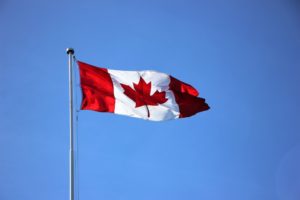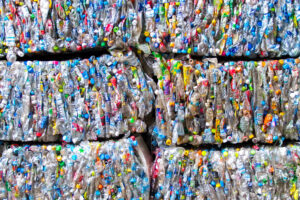- Regulatory Tools
- Circular Economy
- Government
- Government Policy
- Labelling
- Recycling
- Policy
- Strategy and Policy
- Take Action
- National
World Oceans Day 2020: Celebrating our wins!
Canada is truly an ocean nation. With the longest coastline in the world, bordering the Atlantic, Arctic and Pacific oceans, it’s no wonder that Canada proposed celebrating World Oceans Day back in 1992. It was created to unite people around the world in protecting our blue planet. Last year alone, over 2,000 events were hosted in over 140 countries — a truly global effort to help achieve a more sustainable society, a healthier ocean and a better future.
WF-Canada has staff working on all three coasts to help people and nature thrive. From restoring coastal habitat to protecting the deep ocean to working with industry and government to ensure fisheries and shipping are more sustainable, the organization actively works with other partners to reverse the decline of ocean wildlife.
Today, they look back on 10 ocean wins from last year:
- In 2019, Canada hit a major milestone by surpassing its target of protecting at least 10 per cent of our ocean and coastal spaces by 2020. With the protection of Tuvaijuittuq in the High Arctic, Canada has protected almost 14 percent of its ocean, and has committed to protecting 25 per cent by 2025 and working towards 30 per cent by 2030.
- Capelin returned to Ship Cove, NL for the second year! In 2017, supported by Fisheries and Oceans Canada’s Coastal Restoration Fund Grant, WWF-Canada restored a beach where capelin historically laid their eggs before the sediment was removed for construction projects. Capelin need a specific type of beach habitat to spawn, and once the sediment was restored, they returned year after year.
- WWF is continuing its work to keep whales safe from ship strikes and underwater noise.
- The Enhancing Cetacean Habitat and Observation (ECHO) Program, led by the Vancouver Fraser Port Authority, saw 82 per cent of piloted commercial vessels voluntarily reduce their speed in the summer of 2019 through Haro Strait and Boundary Pass, an important feeding area for southern resident killer whales. This helped reduce threats to the critically endangered species.
- Canada made a commitment to ban heavy fuel oil in the Arctic.
- The Great Canadian Shoreline Cleanup celebrated 26 years of cleanups, volunteerism and citizen science on shorelines across Canada by picking up 163, 505 kg of litter.
- PEI banned single-use plastic bags in the summer of 2019, and the provinces of NS and NL have plans to ban single-use plastic bags this year.
- A ban was put in place to prohibit large tanker ships carrying over 12,500 metric tons of oil from waters off the north coast of British Columbia in order to protect the region from potential oil spills.
- In BC, WWF-Canada is collaborating with local organizations to form a Forage Fish Monitoring Network.
- Celebrated ocean exploration in a documentary when the National Oceanic and Atmospheric Administration vessel the Okeanos Explorer visited deep ocean habitats off Nova Scotia.
Celebrate with WWF and read the full and original article at WWF.ca



